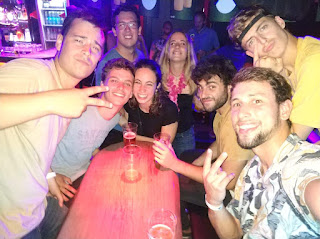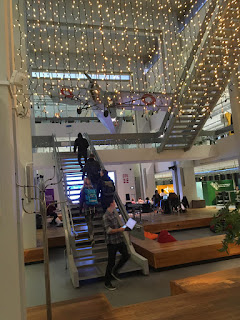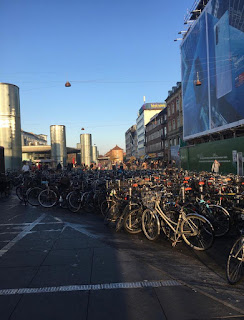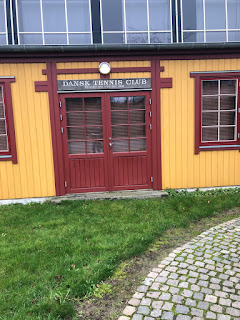Party time in DTU and Copenhagen

It is no secret to all of you that college students party a lot. Or at least we used to before this corona crisis made us practice social distance. We don't know when this is going to end so I thought that maybe I could write a less serious blog this week and explain how nightlife and partying are in Copenhagen and in DTU. Maybe many of you reading this blog are from Spain or from other Mediterranean and Latin countries where partying is part of our soul. Let me tell you that Danes are also quite good at it too. I didn't expect most of the things that I will explain in this entry before I first came to Denmark so I hope that I can surprise you a little bit. Many people say that Danes transform themselves completely when they go out. It is true that they can get quite wild after some beers even if they are quite shy or not very outspoken during the day. Copenhagen is a city full of young people. Danes and young expats pack the clubs and bars in the city center on weekends. T



